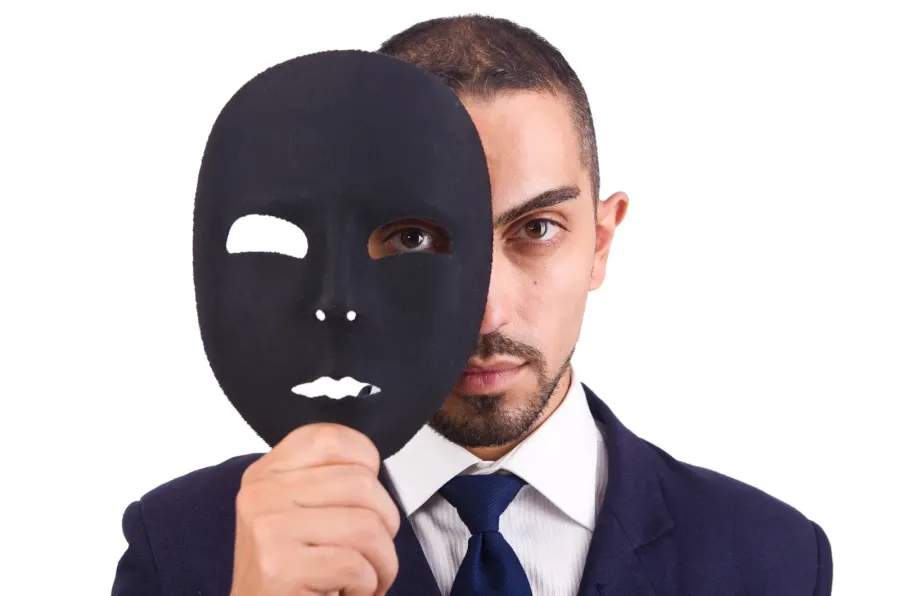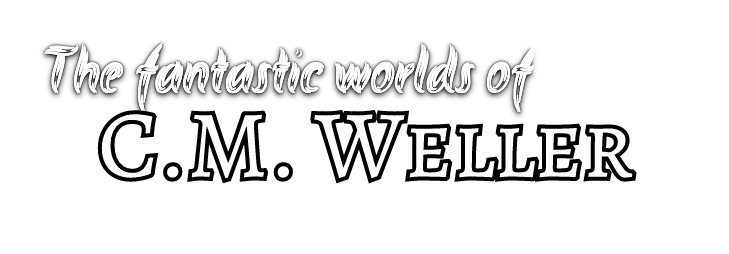The Masks We Use
Oscar Wylde once said, “If you want to know the true nature of a man, give him a mask.” Or words to that effect.

Oscar Wylde once said, "If you want to know the true nature of a man, give him a mask." Or words to that effect. The roles we present to the world are not our real nature. The roles we play in pretend arenas tell more about us than that we willingly present in real life. Which means that we're the most honest when we think we're hiding ourselves.
Japanese philosophy holds that we have three faces: the face we show the world, the face we show the family, and the face we never reveal to anyone.
With all that in mind, I have my own concerns about Kinning. For those of you unaware what that is, it's a feeling of an intense relationship between a real person and a fictional one. There are people who believe that they are the real-world versions of fictional people.
As for why I'm concerned... let me tell you about Hopalong Cassidy. Set the Wayback machine to a time before Television existed and after Vaudeville finally died. An actor is cast to play Hopalong Cassidy in a set of serialised shorts for children. The man looks the hero, for sure, but he has a bit of a reputation. Drugs, booze, fraternisation. All the standard stuff.
He's a good actor and plays the role well. Things are normal until the first couple of episodes are out. He's about to light up a cigarette, but there's this kid staring at him like they've just seen Santa Claus. This small child didn't know about the line between reality and fantasy. As far as this kid was concerned, the actor was Hopalong Cassidy. Hopalong didn't smoke, drink alcohol, or go in for any kind of immoral shenanigans.
On that day, the actor became the mask he wore. The role he played for a job became his life. Because small children everywhere didn't know the difference between an actor playing pretend, and a hero they revered.
There should be a line between reality and fantasy. For little kids, that line is still something they have to refine. It's fine to play at being Superman and making whoosh noises as one runs around the backyard. However, there's a portion of kids who tie something red around their necks and jump off the roofs of their homes because they think they can fly.
That's where Kinning gives me trouble. They live their own lives right up until the point where they find a fictional character and say, "That's actually me." They think they are Hermione Granger or Sherlock Holmes or Destiny Fanshaw. Okay, I made that last one up, but you get the idea.
Loving a character is natural. Saying you are that character is crossing the line between reality and fantasy. Wanting to be like a character is natural, too. Sometimes, you can let the fantasy you encounter shape your reality in the way you interact with others. As long as that's generally beneficial, that's perfectly okay.
Believing that only some malevolent mishap is keeping you from rejoining the fantasy world of choice is... dangerous. Dangerous for the Kinner, potentially dangerous for the people around them.
I understand how attractive it is to be a hero, to do big things and make a huge difference in the world. I've been powerless to change anything and saw the allure of temporarily walking in other worlds where one can imagine being powerful and making big changes or defeating a maniacal despot. It's wonderful to pretend being the hero for a pace.
But when you identify as the hero? Or a side character? What happens if they die in one book or episode? What happens if they wind up injured? What happens if author existence failure or executive meddling leads to some really bad shit?
I'm worried.
I'm really worried about any Kinners for those reasons. I'm worried they might believe that they can do all the things their fictional kin can do. I'm worried they could hurt themselves or others in the process.
When you can't tell the difference between reality and fantasy... you shouldn't be allowed fantasy. That's what MeMum has always said and I can see the logic behind it. I just hope I don't get yelled at for seeing things that way.

